Two months after snap parliamentary elections that threw France into political turmoil, thousands of left-wing demonstrators rallied in central Paris on Saturday in protest at French President Emmanuel…

Several MEPs called to consider excluding Hungary from the Schengen Area altogether due to the ongoing concerns about its policies.
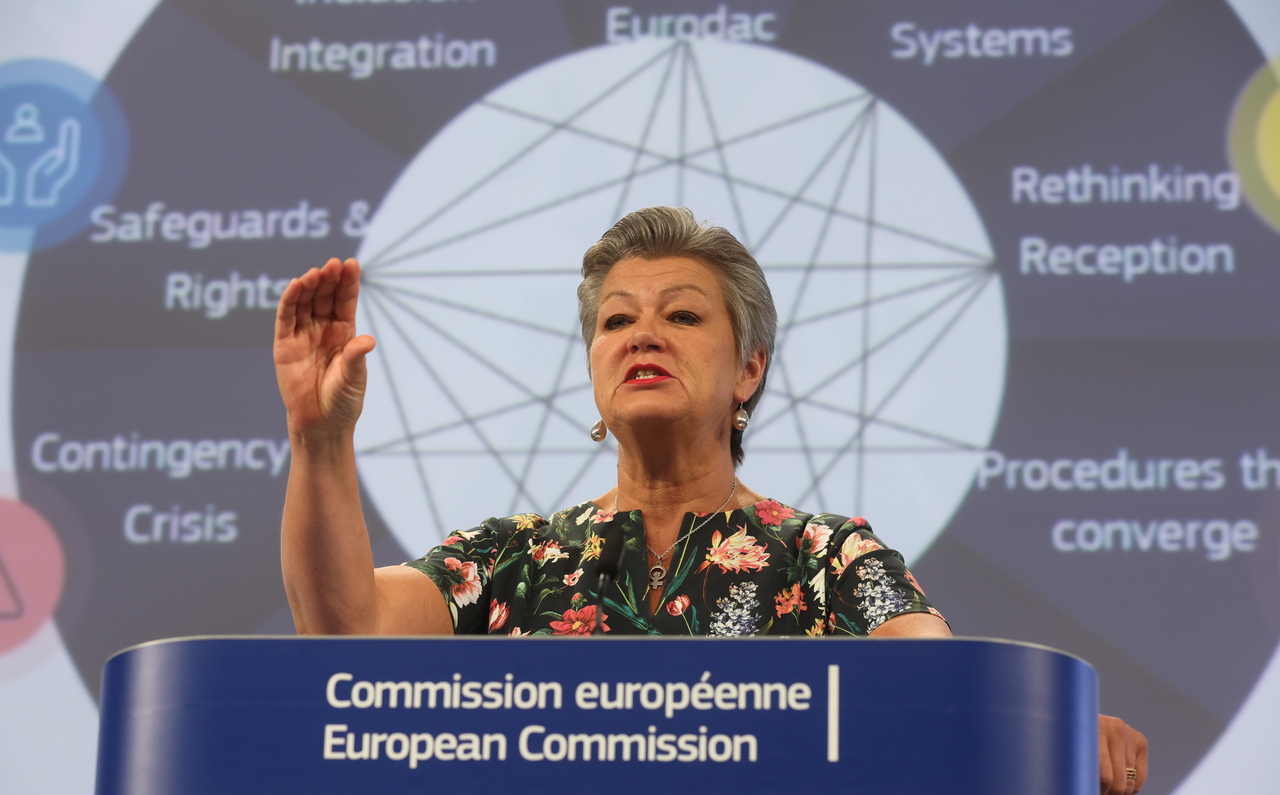
The announcement means Volvo Cars follows in the footsteps of other industry players in scaling back its EV ambitions.

I think it's newsworthy in the sense that this is how the wealthy view the world, and it shows the disconnect between the haves and the have-not.
Deutsche Bank Chief Executive Christian Sewing called on Germans to work harder if they want to get the country’s economy back on track.
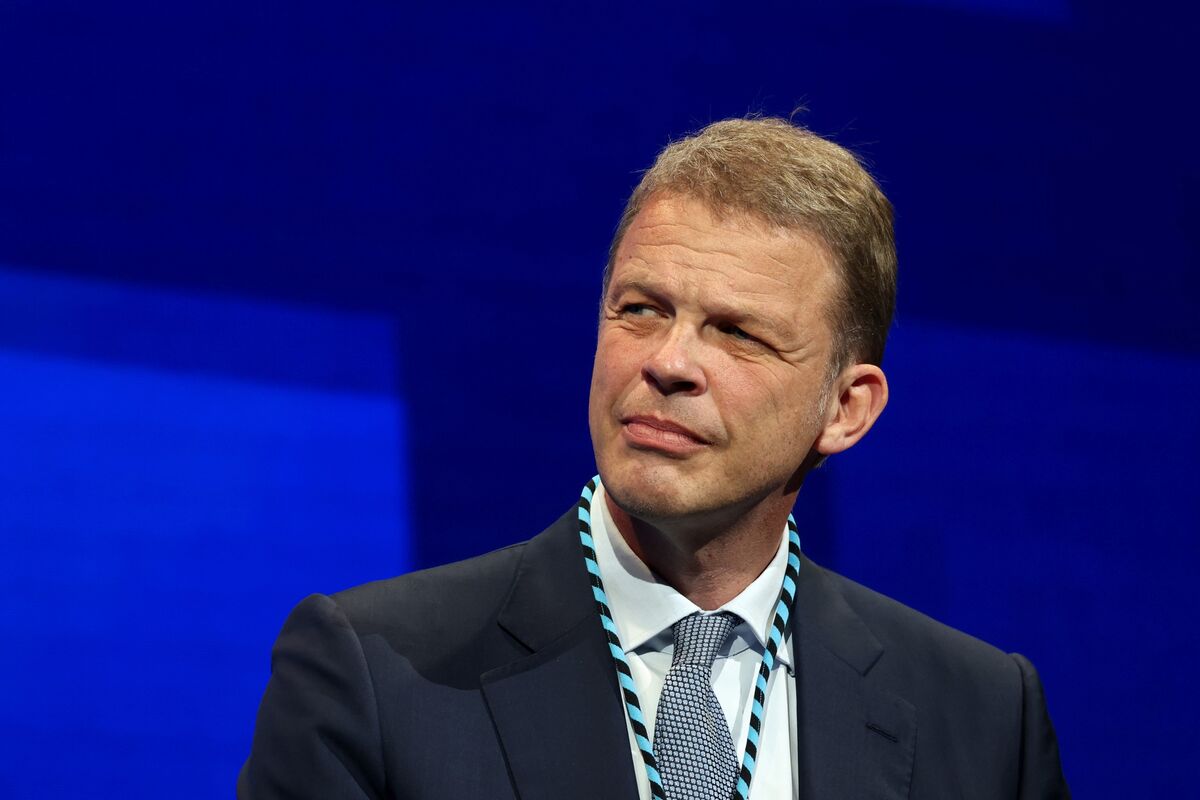
The six-year inquiry condemns ‘decades of failure’ by governments, incompetence, dishonesty and greed.

Bella Nilsson is one of 11 people charged in Sweden's biggest ever environmental crime trial.

Civil society organisations demand for comprehensive legislation banning spyware throughout the EU, citing widespread misuse and insufficient regulation, in a joint statement.
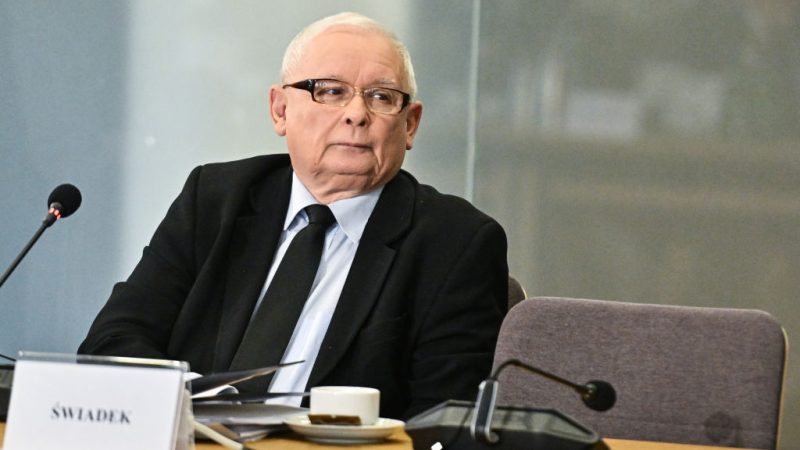
Brussels is waiting for Hungary to pay €200 million and lift its long-standing restrictions on the right to asylum.
The AfD was twice as effective at reaching first-time voters on the app than all other parties combined, according to an analysis of platform data. This may explain why the party performed so well among young voters.

Götene, a town in rural Sweden, is selling plots of land for just 9 US cents per square meter, to encourage new residents to come and build their dream homes.
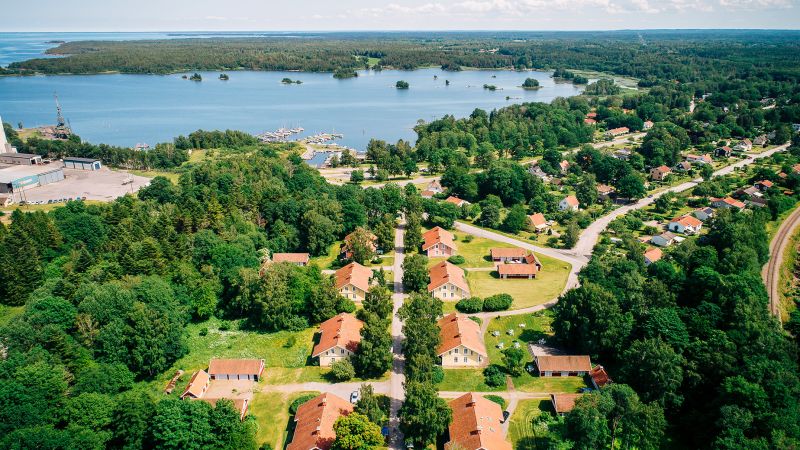
Following Peru’s ratification of our deal to join the bloc, the agreement will now officially enter into force by 15 December 2024.
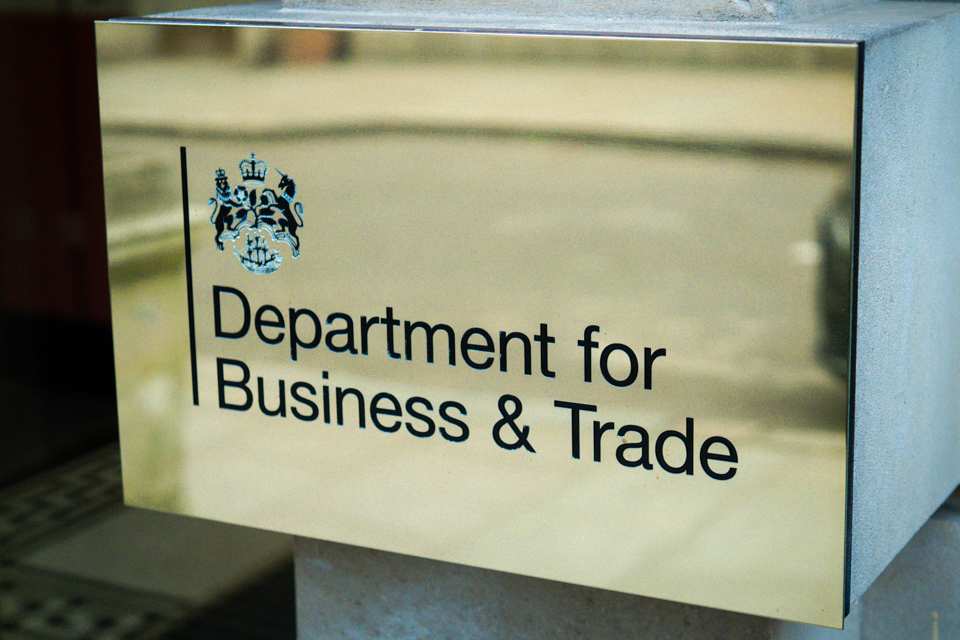
YouTube Video
Click to view this content.
A far-right party has won a state election for the first time in post-World War II Germany in the country’s east, while it looks set to finish a very close second to mainstream conservatives in a second vote.
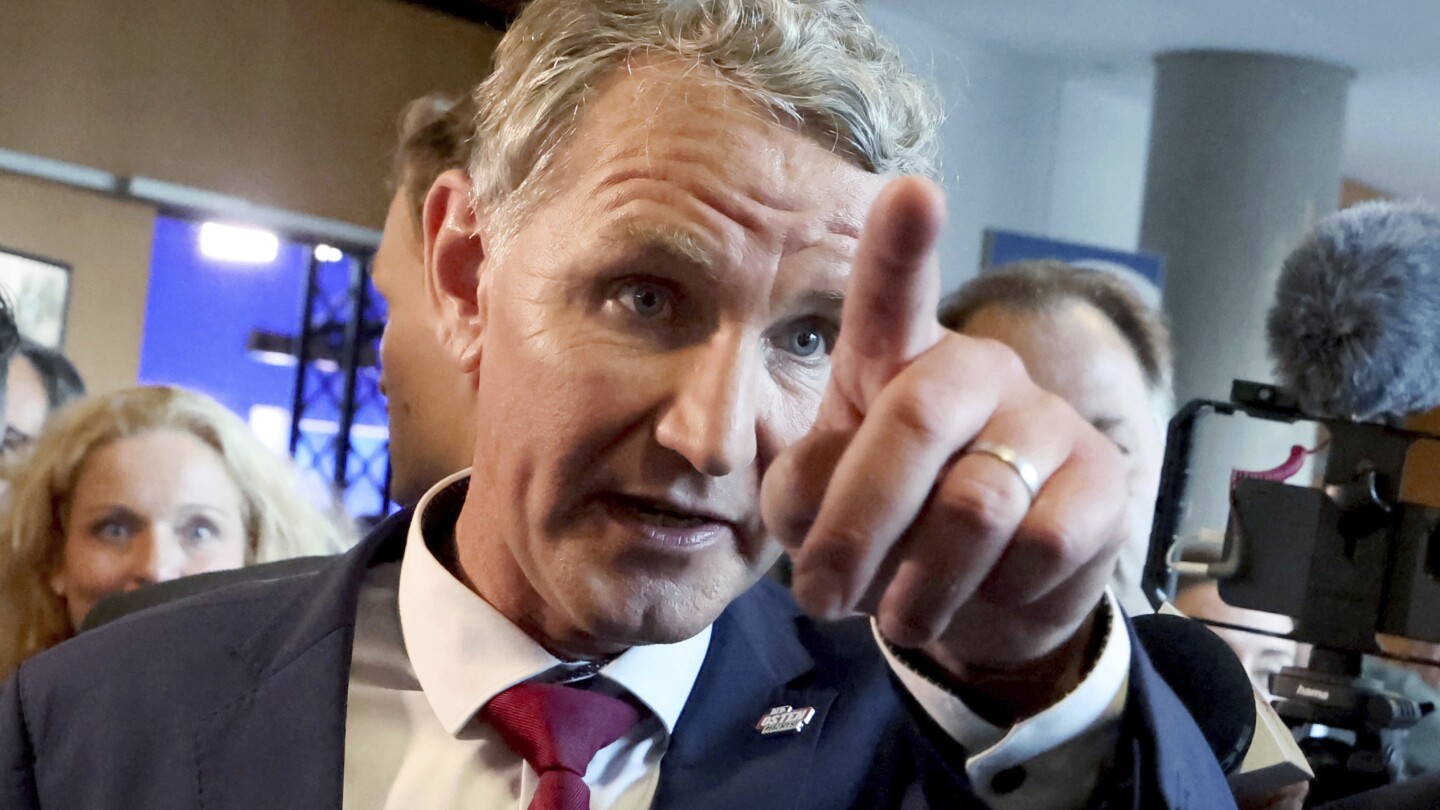
Economists polled by Reuters had forecast a decline to 2.2% in August, down from 2.6% in July.

The far-right Alternative for Germany is set to do very well in state elections in the east.

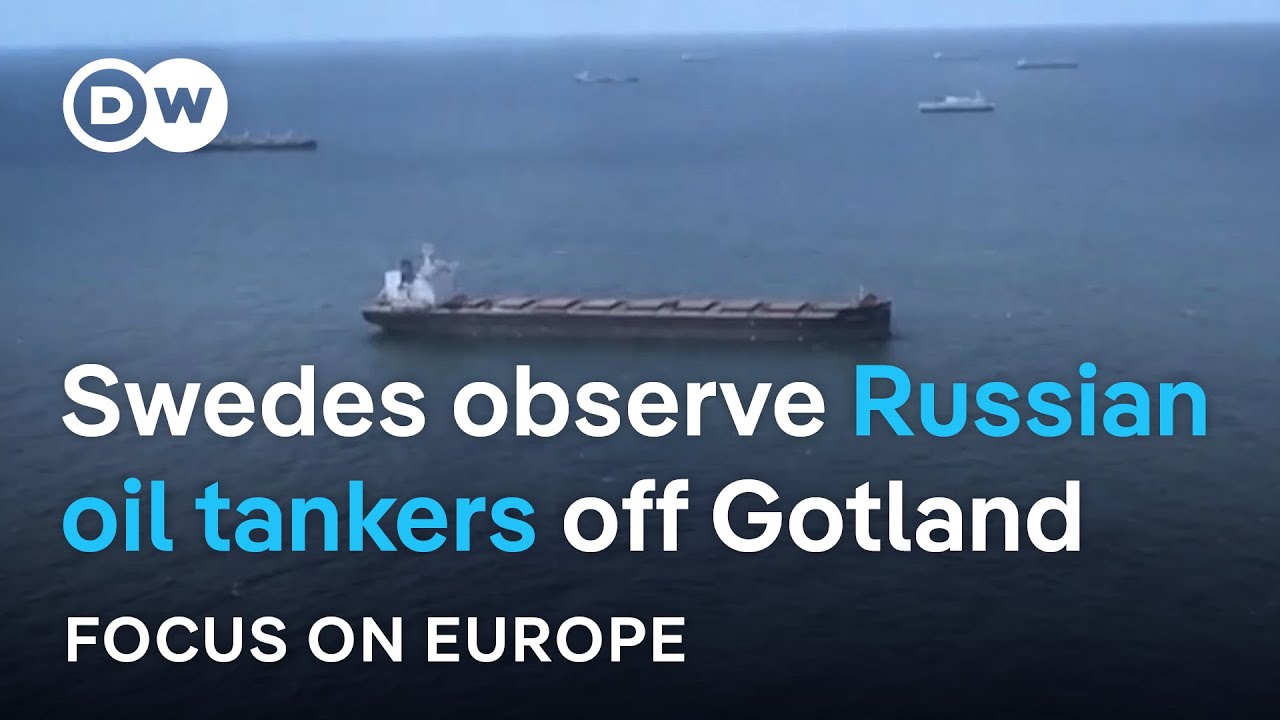
YouTube Video
Click to view this content.
Security officials report that hundreds of tankers are traveling from St. Petersburg to India or China. Putin is apparently circumventing Western sanctions by navigating his oil shipments past the Swedish island of Gotland. Residents feel threatened.
Qatar arranged the deportation flight for the German government in order to avoid direct negotiations with the Taliban regime, new report said.

The German government announces weapons and asylum changes after deadly attack in Solingen.
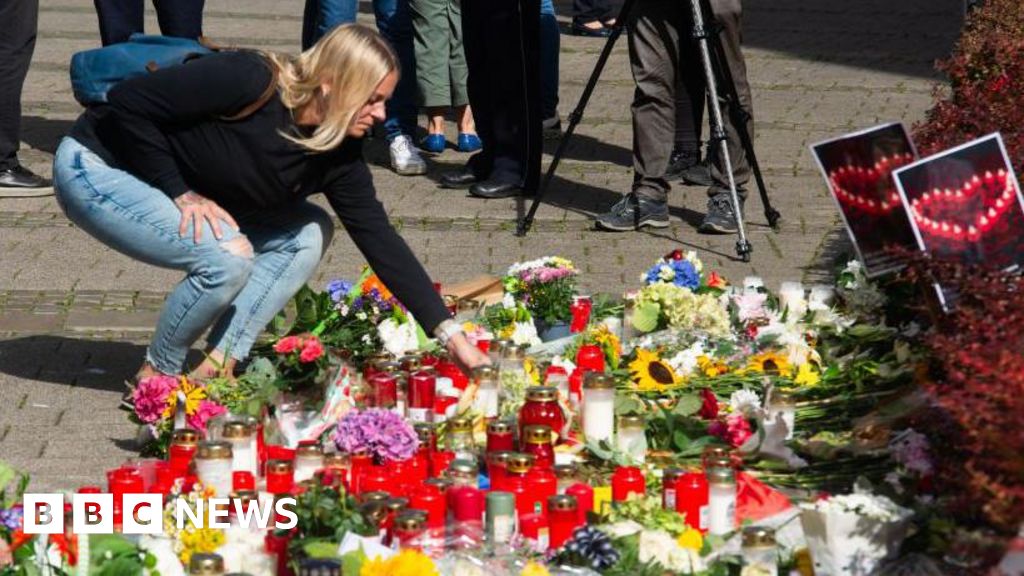
Found near the Aegadian Islands, just west of Sicily, the bronze rostrum played a role in the last battle of the First Punic War, which ended in 241 B.C.E.

Partygoers gather near Valencia for the yearly tomato hurling festival.

Absolutely agree about improving the social situation for a lot of people who are struggling, but I also think there's something else. I don't know what. Healthcare is free, dental care is free, education is free and you get paid to attend school. Second generation migrants have opportunities their parents likely didn't, and still they get recruited into gangs and kill or get killed.
I don't know what the real problem is, nor how to solve it. I just don't think either the left (fix the social situation and the crime will stop) or the right (stop migration and the crime will stop) is correct. Or maybe they both are, but in a limited way? Maybe it's something else entirely?
Your work is appreciated.
Rafał Brzoska, founder of InPost and head of the Polish Entrepreneurs’ Council Rafał Brzoska, founder of InPost and head of the [+]Polish Entrepreneurs’ Council, at a press conference in Warsaw, Poland on May 30, 2022. (Photo by Mateusz Wlodarczyk/NurPhoto via Getty Images) NurPhoto via Getty Images Polish businesses should play a more active role in building defense capabilities to stave off potential Russian aggression, according to Rafał Brzoska, head of the Polish Entrepreneurs’ Council and founder of InPost, the country’s largest courier service company.
Brzoska said private companies could organize armed units “faster, cheaper, and more efficiently” than public authorities, and that their geographical dispersion would ensure they could rapidly respond to threats across the country.
With appropriate regulations and incentives, such as tax breaks, businesses could equip employees with weapons, bulletproof vests, and uniforms, in an approach modelled on the Finnish system, where trained citizens can retrieve weapons from local armories workplaces in case of military threat.
Brzoska said InPost would distribute a survey among its 15,000 employees to find out how many of them already own guns and who would be interested in applying for permits and participating in training. He added that similar surveys would be conducted in several thousand companies associated with employer organizations.
According to media reports, the Ministry of Defence welcomed the proposals. However, it did not respond to a request for comment by publication time.
In late June, the heads of three main entrepreneur associations, which include 80% of the largest Polish businesses—both private and state-majority-owned firms—called on the Ministry of Defense to work together to develop solutions that would strengthen the country's defense potential.
The signatories of the appeal advocated the creation of a support fund, co-financed by the private sector and the state, for companies operating along Poland’s fraught border with Belarus. They suggested introducing insurance programs for the businesses, as they may might be the first to face direct threats in the event of a military escalation.
The business leaders noted that the existing regulations supporting companies that employ reservists are insufficient and proposed implementing a mechanism for awarding them additional points in public tenders, among other measures.
They also suggested considering a range of tax incentives for various defense-related expenditures, such as the purchase of weapons, defensive equipment, and training.
The letter included calls for enhanced cybersecurity, increasing trade with trusted allies, and maintaining a united front on sanctions against Russia.
The appeal was part of a broader European initiative that included business representatives from Scandinavian, Baltic, and Central and Eastern European countries.
Poland has been one of NATO’s and Ukraine’s key allies in confronting Russian aggression. The country has supplied Kyiv with 44 military aid packages since the start of Russia’s full-scale invasion, totaling over $4 billion, without restrictions on its use.
In May, Warsaw announced plans to form a volunteer unit of draft-age Ukrainians living in Poland, to be deployed in their home country. Over 23,000 Ukrainian soldiers have been trained in Poland since February 2022.
The amount of gang violence in Sweden has exploded in the last few years, with shootings and bombings.
Overall crime is down, but the risk of being shot or blown up is higher in Sweden compared to a few years ago.
Sadly most victims of this violence are young men with roots from outside of Europe, many second generation immigrants, which plays right into the hands of the far right.
I want the violence to stop, I just don't think the far right have the solution, however give it a few more years and people will be ready to try anything, even fascism. I think.
Edit: Fixed a damn autocorrect.
I'm sorry, what are you expecting?
And I hope that you someday will learn to behave like an adult.
I hope the rest of your day is as pleasant as you are.
Single individual according to police, witness statements conflicting so don't jump to any conclusions. Stay away from Russian propaganda
Integration is good, but even there it's complicated. I think he does a fair job of discussing the subject, so to me it's a little strange with all the negative votes. Isn't a fact based and fairly neutral video on the subject appreciated?
It is.
The least surprising to me is that generally refugees are a cost. I would assume as much. You accept refugees because they need shelter and help, not because they can contribute something. If they can, great, but that's not why you take them in.
It's a topic that brings out the worst people, which probably is why it's so hard to talk about.
Emmanuel Macron’s humiliation at the ballot box last month could spell the end of his flagship pension reforms.
France’s parliamentary elections saw the rise of the far-Left and far-Right, both hostile to the President’s highly controversial policy to raise the minimum legal age of retirement from 62 to 64 by 2030.
Citizens will also need to work for 43 years – up from 42 today – to receive a full state pension.
Mr Macron believes the reforms are essential to save the public pension system as France’s population ages. The country is now home to 17 million pensioners, four million more than in 2004.
But the policy has been met with fury from French voters who are adamant they should not have to work longer. France’s state pension age is low compared to other large European countries. Germany is in the process of raising it from 65 to 67. In Italy, it is already 67.
In Britain, the state pension age is set to increase from 66 to 67 in 2028, and then to 68 by the mid-2040s.
This hasn’t stopped parties on the extremes of French politics from arguing that not only should the retirement age stay the same, but that it should be cut.
No party won an absolute majority in the snap parliamentary elections in June and July, but the New Popular Front (NFP), a broad alliance of leftist parties, achieved an upset by gaining the largest number of seats, followed by Mr Macron’s centrist coalition Ensemble in second and the far-Right National Rally (RN) and its allies in third.
France Unbowed, the largest party in the NFP coalition, led by the eccentric Jean-Luc Mélenchon, proposed in its manifesto to reduce the state pension age from 62 to 60.
Both the far-Right and far-Left also want to reduce the number of years required to qualify for the full state pension from 42 years to 40.
Maxime Darmet, a Paris-based economist at insurer Allianz Trade, believes these changes could cost between €10bn (£8.5bn) and €60bn. This, he said, would result in a “huge fiscal hole”, as €70bn of savings are already needed to cut France’s budget deficit to below 3pc of GDP by 2027 – the maximum permitted under EU rules.
The pensions issue is “the only thing the two sides agree on”, according to Mr Darmet.
Last month, France Unbowed presented a bill to repeal Mr Macron’s pension reforms. RN has signalled that it would be willing to vote in favour of the bill to torpedo the policy. Between them, the two blocs have enough votes to do so.
The bill, which is not due to be debated for several months, may fail when it comes before the French Senate, which is dominated by the centre-Right. But the possibility of the reforms being scrapped is worrying economists and commentators.
Felix Feather, European economist at abrdn, said: “France is spending a lot more than the average EU country on social benefits, so spending on pensions has an outside impact on its debt and how it’s viewed by the markets.
“The pensions question is central to France’s long-term fiscal outlook. Demographics mean pension spending is going to expand. The pressure is building and you’re not beginning from a favourable place.”
At 5.5pc of GDP in 2023, France’s budget deficit is one of the highest in the eurozone. The country spends 13.9pc of its GDP on public pensions, nearly twice the Organization of Economic Cooperation and Development (OECD) average.
The gap between retirement age and life expectancy in France is 27 years for men and 23.5 years for women, the largest of any country apart from Greece, according to the OECD.
The International Monetary Fund expects France’s debt-to-GDP ratio to hit 118.5pc by 2027. When Macron came to power in 2017, it stood at 98.1pc.
Concerns over France’s debt levels led ratings agency Standard & Poor’s to downgrade the country’s credit rating in May. Moody’s has warned that it may do likewise if the pension reforms are overturned.
Pushing back the retirement age by two years and extending the pay-in period would buy the country breathing room. Labour ministry estimates suggest the move will bring in an additional €17.7bn in annual pension contributions, allowing the system to break even by 2027.
More work, less pay The idea that the state pension system is in urgent need of reform is less controversial in Britain than across the Channel.
As in France, a shrinking ratio of workers to pensioners risks making Britain’s public pension system fiscally unsustainable. Pension spending in Britain has risen from 2pc of GDP in the early 1950s to more than 7pc today.
Overall spending on the state pension will be £23bn higher in 2027-28 than it was at the start of the 2020s, according to Office for Budget Responsibility forecasts.
However, what should be done about it is less clear.
One option is simply to make people work longer. Decades of rising life expectancy meant that raising the age at which people retired was the silver bullet that helped to keep the state pension system ticking along.
But a recent dip in longevity has complicated the picture. It forced former chancellor Jeremy Hunt to delay a decision on whether to increase the state pension age for a second time.
In the run-up to the general election, Chancellor Rachel Reeves said that there was no justification to increase the state pension age.
The reality is that Labour may have little choice. According to the International Longevity Centre think tank, the state pension age would need to rise to 70 by 2040 to maintain the current ratio of workers per retiree.
As well as being deeply unpopular, this may prove unviable if people are not healthy enough to work.
Around 2.8 million people of working age are not in the workforce due to ill health, including mental health conditions such as anxiety and depression. This is up from around two million before the 2020 lockdown.
By the age of 70, only 50pc of adults in England and Wales are disability-free and able to work, official figures show.
Liz Fairweather, director of the charity Age UK, said a rising retirement age is a “terrifying prospect” for anyone approaching retirement age who is ill, unemployed or cares for a loved one.
She added: “Hundreds of thousands of people are living miserable lives behind closed doors, struggling to get by on working age benefits and dreaming of the day when they gain the security of being able to claim their state pension.
“The last thing they need is for the state pension age to move further beyond their reach.”
Yet the alternative to upping the retirement age – reducing the generosity of the state pension – would also be politically toxic.
Labour has committed to maintaining the Tories’ “triple lock” policy, which ensures that the state pension rises each year in line with the highest figure of inflation, wage growth, or 2.5pc.
The cost of the state pension stood at £124bn in 2023-2024, according to OBR estimates. But this cost is forecast to rise to £158bn in 2028-2029 – a £34bn increase – because of the triple lock.
The French have been even more reluctant to give up lucrative benefits, despite enjoying some of the highest state pension entitlements relative to the cost of living in Europe.
The French state pension is based on a final salary calculation. On average, pensioners receive around 74pc of their pre-retirement earnings compared to just 58pc for British retirees, and an average of 68pc across the European Union, according to the OECD.
By September, it should be clear which political grouping will lead France’s new government, with the power to determine the country’s fiscal policy.
The pensions issue will be viewed as a bellwether by investors and the markets, Mr Feather said.
He added: “What happens to [the reforms] will reflect the direction the new government is going to go.
“If they are overturned, then it shows the priority will not be fiscal consolidation, as it has been under Macron.”
Get StreetComplete while you're at it and help improve the maps in a Pokemon-Go style mobile game.
I think the major benefit is for companies not having to take different currency values into account.
Another dumb law to make the racists and bigots happy.
She's popular with women and they hate women?
Bit of a click-baity title for sure, but I don't edit it.
I think the reason why the planes were serviced in the EU before was cost.
So the way I understand it is that if they're serviced in the EU they're not allowed to fly in the UK, and if serviced in the UK they can't fly to the EU, because the UK let the mutual recognition of standards lapse as part of brexit. The US and the EU have this agreement, so that's where the plane will have to be serviced.
There's already a shortage of qualified technicians in the UK I'm told, so if anything this makes a shortage even worse.
Someone will surely correct me if I'm wrong. ;)